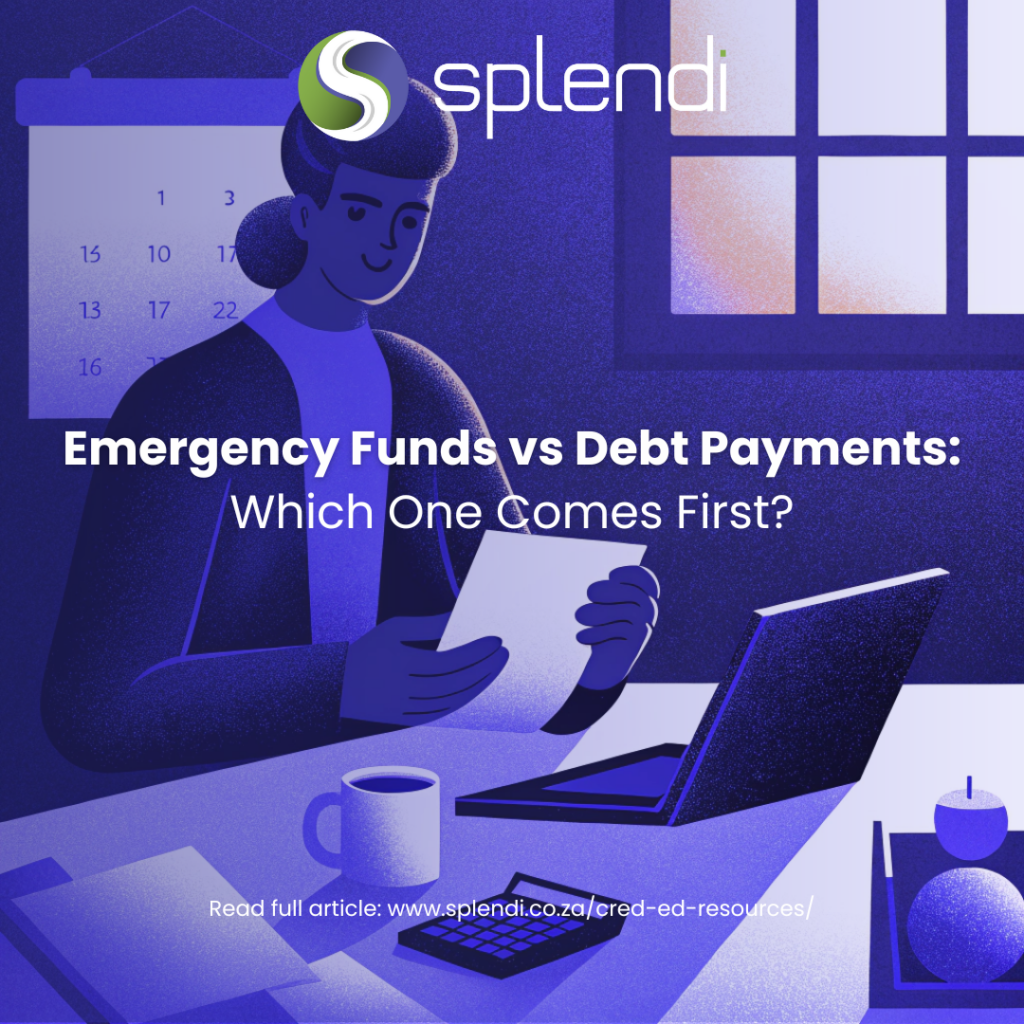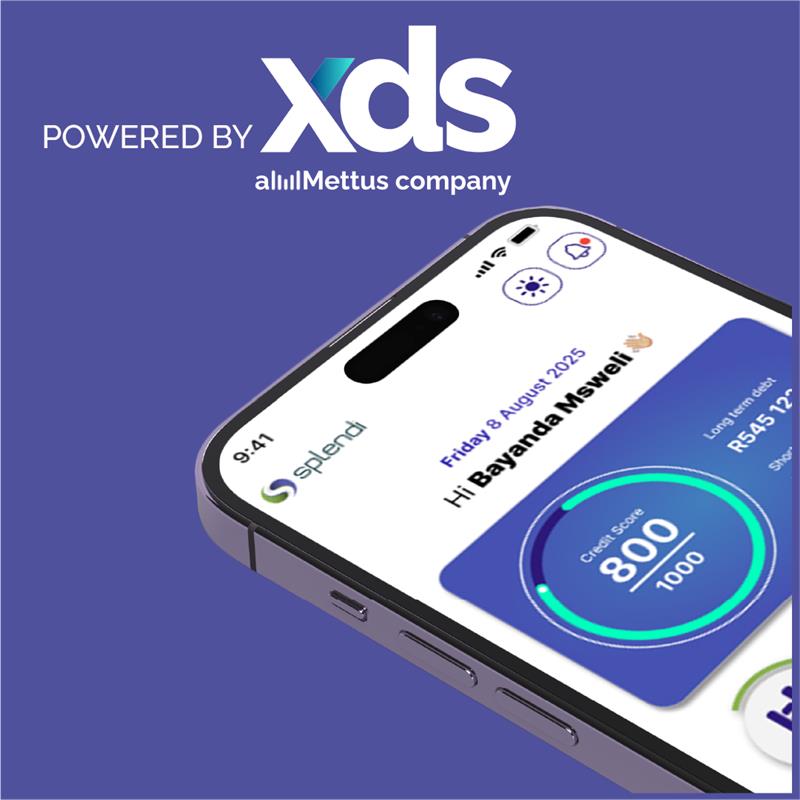When money is tight, choosing between saving to build an emergency fund and paying off debt can feel like an impossible decision. You know you need to be prepared for emergencies, but you also want to stop debt from piling up. So, which one should come first?
With South Africa observing Savings Month this July, it’s a good opportunity to rethink how you balance your financial priorities and make sure you’re protecting your future without falling deeper into debt.
Why Emergency Funds Matter
An emergency fund is a financial cushion. It protects you from having to borrow more money when life throws you a curveball, like car trouble, medical bills, or even a job loss.
Why it’s important:
Without savings, one unexpected event can push you deeper into debt. Having just a small emergency fund can prevent that.
Start with this:
Try to save at least R5,000 to R10,000 if you don’t already have something set aside. It doesn’t have to happen all at once. Even saving R300 a month can help you build it over time.
Why Paying Off Debt Is Also Critical
Debt, especially high-interest debt like credit cards or payday loans, grows quickly and quietly eats away at your income. Every month that you carry a balance, you’re paying extra, sometimes hundreds of rands in interest.
Why it’s important:
The sooner you pay it off, the more money you save in the long run. It also improves your credit score, which can unlock better financial opportunities later on.
So Which Comes First?
The best approach is a combination, but start with a small emergency fund first.
Here’s why:
- If you put all your money into debt but have no savings, you’ll need to borrow again when an emergency happens.
- But once you have a basic emergency fund, you can shift your focus to paying off your most expensive debts faster.
The Balanced Approach: Save a Little, Pay a Lot
Once you’ve built a small buffer, try this split:
- Continue saving a small amount each month to keep growing your emergency fund.
- Put any extra money toward your highest-interest debts first (like credit cards or short-term loans).
Example plan:
- Save R300 a month
- Pay R800 toward your credit card
- Stick to minimum payments on lower-interest debt like student loans or home loans
What If You Lose Your Job or Income?
This is where emergency savings really matter. If you lose your job and have no income, your savings can help cover essential expenses such as food, rent, and transport, without you needing to swipe a credit card or take out a loan.
Tip: If your job or income isn’t stable, focus more on building savings until you feel secure.
There’s no perfect answer, but having a small emergency fund before aggressively tackling your debt is the safest route for most people. It gives you breathing room and protects your progress.
Need help understanding where you stand with your credit? Register or log in on Splendi to view your credit profile, track your debts and get guidance to build your financial foundation.
Disclaimer: This article is for informational purposes only and should not be construed as financial advice. Splendi does not provide personalised financial, investment, legal, or tax advice. Always consult with a qualified financial advisor for guidance tailored to your individual circumstances.




